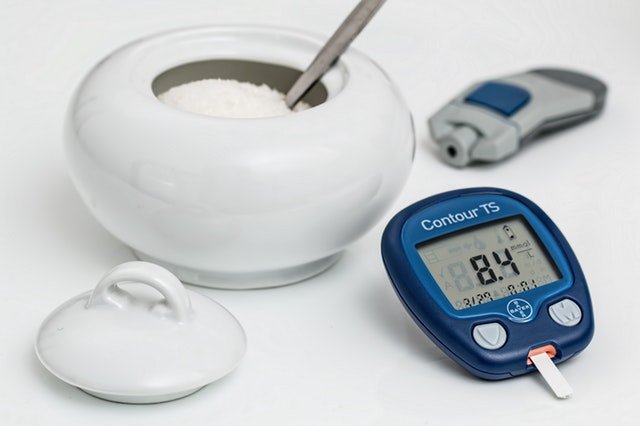
In a new study, researchers have found that the incidence of heart failure was around two-fold higher in people with diabetes.
It found that patients with Type 1 diabetes were also more likely to die as a result of heart failure, in comparison with patients with type 2 diabetes and those without diabetes.
Despite this, patients with Type 1 diabetes were prescribed fewer drugs that are used to treat and prevent heart failure.
More work is now needed to see if people with type 1 diabetes would benefit from greater use of drugs for preventing cardiovascular disease.
The study was led by the University of Glasgow on behalf of the Scottish Diabetes Research Network.
In the study, the researchers examined health data over a ten year period from January 2004 to December 2013.
They looked at the incidence rate for heart failure hospitalization and any deaths that resulted for 30 days following that admittance to the hospital.
They documented the number of heart failure hospitalizations nationally in people aged 30 years or over.
The study found that, overall, heart failure hospitalization incidence was higher in people with diabetes, regardless of type, than in people without.
However, people with Type 1 diabetes, both men and women, were more likely to die within 30 days as a result of the condition.
The team suggests that heart failure incidence has fallen over time for people with and without diabetes, but it is still around two times higher in people with diabetes than in people without diabetes.
Their findings suggest that heart failure is an under-recognised and important complication in diabetes, particularly for type 1 disease.
Overall, the differences in risk of heart failure death were large; compared to women without diabetes, women with type 1 diabetes had around a 2.5-fold higher risk of having a heart failure admission which results in death within 30-days.
For the equivalent comparison in men, there is almost a four-fold difference in risk.
As an example, the team expects that among men aged 50 to 69 with type 2 diabetes, 1.1 in 1,000 would have a heart failure admission resulting in death, compared to only 0.2 per 1,000 in men the same age without diabetes.
Dr. David McAllister is the lead author of the study.
The finding is published in Circulation.
Copyright © 2018 Knowridge Science Report. All rights reserved.
Source: Circulation.



